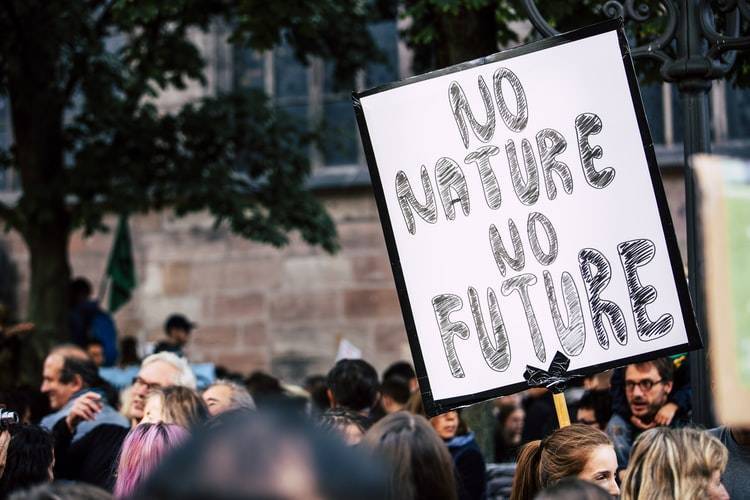The magazine "Foreign Affairs" published a lengthy report on its website, stating that thinking about relying on nuclear energy as a clean and sustainable power source will not help save the planet from carbon emissions released by fossil fuels. It emphasized that nuclear energy remains economically expensive and that its technologies need development that could take decades. The report confirmed that many experts agree that the world does not have the luxury of time to wait for an alternative to fossil fuels, especially as dangerous climate changes are resulting in numerous negative environmental impacts, such as rising sea levels, droughts, and wildfires.
These threats have led to considerations for developing innovative designs for nuclear reactors to allow Earth's inhabitants to rely less on carbon-emitting electricity sources like coal, natural gas, and oil. In recent years, advanced nuclear designs have garnered intense attention and support from private investors, such as American billionaire Bill Gates, who founded "TerraPower" in 2006 to develop peaceful nuclear reactor designs. Advocates hope that renewed focus on developing nuclear energy sources will lead to technological advancements and cost reductions, but thus far, the latest nuclear technologies have proven to be minimal and significantly delayed, failing to positively impact climate change in the next ten years or more.
Given the long timelines required to develop full-scale engineering prototypes for new advanced designs, along with the time needed to build manufacturing bases and customer bases to make nuclear energy more economically competitive, it is unlikely that nuclear energy will significantly reduce reliance on conventional energy sources even within 20 years.
In the United States, the country relies on about 20% of its electricity needs from nuclear energy, but the industry is struggling to survive due to economic feasibility. In late April, the Indian Point plant — the last source of nuclear energy in New York — was shut down, marking the twelfth reactor to close since 2013, with plans to close at least seven more U.S. reactors by 2025. A study conducted last October revealed that the capital costs of nuclear energy in the United States are higher than almost any other energy generation technology, despite ongoing efforts to improve the efficiency of nuclear reactors and thereby make them more competitive with other energy sources.
New reactor makers propose to make reactors smaller and to use different types of fuel, coolants, and moderators. One of these new designs, "NuScale," is a small light-water reactor capable of generating 77 megawatts of electricity and emphasizes maximum safety features. The first user of that design will be Utah Associated Municipal Power Systems, which plans to start operating a reactor in Idaho by 2027, with the U.S. Department of Energy supporting this project with a grant of $1.355 billion.
However, the main challenge facing all types of new nuclear reactor designs is the necessity of relying on new types of fuel, which must be licensed for production, management during use, storage, and disposal methods at the end of their life cycle. Some new reactor designs depend on fuel types requiring higher uranium enrichment — a material the United States currently has limited capability to produce — especially since enriched fuel raises concerns about nuclear weapons proliferation.
Even if these difficult fuel supply issues could be resolved, unconventional reactor designs also face significant construction challenges, as they take a long time to build, increasing cost values. The design of French EPR reactors has experienced multiple delays and significant cost overruns in both France and Finland. These large projects also face challenges in program management, quality control, and regulatory issues that lead to long delays.
For all these reasons, some experts believe that nuclear energy cannot be a magic solution for climate change problems in the short or even medium term, as many economic, technical, and logistical obstacles remain in the way of building safer, more efficient, and cost-competitive reactors. However, a group of scientists argues that innovations in reactor and nuclear fuel designs still deserve more research and governmental support, as they remain an important factor in reducing carbon emissions, emphasizing the need for faster solutions to address climate change threats that are ready for use as soon as possible and not in twenty years.




